|
Hi everyone! In these difficult times I want to make more resources available to help people. Over the next several weeks I'll be releasing content from a number of my books, starting with The Happiest Choice! This book covers foods to eat, thoughts to think, activities to do, habit reformation techniques, and much more for handling depressive episodes. If you want to support this work - my book sales are going to take a major hit this year with Coronavirus and I'm still not sure how I'll make up that income. You can purchase a physical copy on Amazon or directly from me on my Etsy page www.etsy.com/shop/radcatpress You can also sign up for my Patreon at www.patreon.com/sageliskey for various perks including access to my complete collection of books and zines. The Happiest Choice Essential Tools for Everyone's Brain Feelings By Sage Liskey Cultivating Happiness Checklist Deal with any situation causing your depressed feelings. Constructively communicate anything that needs to be said. If that is not possible, or more time is needed:
If You Have a Depressive Episode Read the list of triggers in Chapter 4 to help figure out what the trigger was. Focus on addressing that trigger if possible and constructively communicating with any necessary parties. Here are some other options depending on how you feel:
Copyright © 2015 by Sage Liskey Published and distributed by Sage Liskey 2015. All rights reserved. Printed in the United States of America 1st Edition Edited by: Sam Bennington, Jared Swanson, Julia Whisenant, Emma Banks, B.S., Alisha Kinlaw, Mitra Sticklen (activism chapter), Emily N Myers (activism chapter), Sonny Fisher, Larisa Varela, Elaine Russel, India Chilton, and Edmond Stansberry Illustrated by: Kerrida Hall: Molecules in Section 7.2 and 7.3. Janine Hesse: All other illustrations. Front Cover Illustration: Janine Hesse, Sage Liskey Cover Design: Moth, Sage Liskey Inside Design: Sage Liskey E-mail correspondence may be sent to: [email protected] www.sageliskey.com facebook.com/author.sage.liskey ISBN-13: 978-0-9862461-0-4 ISBN-10: 0-9862461-0-7 Click Read More below to continue reading. About This Book
I was inspired to write this guide when I saw a lack of inclusive manuals on coping with depression. I wanted to create something readable by all types of people without losing the reader in technical banter or long narratives. I wanted to keep it simple, but include information pertinent to anyone from soccer moms, activists, and stay-at-home-dads, to people of color, teenage punk rockers, and spiritualists. The collected information comes from nearly three years of research on depression and a lifetime of personal experiences with the symptoms. It is impossible to cover all aspects of depression, but I hope that herein you will find what matters most to individuals, families, friends, partners, and communities trying to work through it. That said, this is an introductory guide, and further research should be done regarding the topics discussed. The creation of The Happiest Choice has been an amazing community effort. Many friends, coworkers, teachers, acquaintances, and even strangers have helped edit, illustrate, and provide ideas for this book. I am eternally grateful for their support and could not have made it this far without their kindness. I want to give special thanks to the University of Oregon R.O.A.R. Center, The University of Oregon Student Insurgent magazine, The Campbell Club Student Cooperative, and the many encouraging comments that people gave with each new booklet edition. Thank you! Medical Statement While I strongly believe in the methods outlined in this guide, I am not a medical professional and none of this is meant to be medical advice. Furthermore, even though primarily peer-reviewed research was used to collect information, new discoveries are made every day within the scientific community. I therefore do not guarantee the accuracy of the information contained herein and expressly disclaim liability for errors and omissions in the contents of this book. Ask a doctor, herbalist, nutritionist, or other health professional before trying these methods, or else use them at your own risk. Again, this guide is not meant to be used to diagnose or treat depression or any other condition. If you are having thoughts of harming yourself or others please call the National Suicide Hotline at 1-800-273-8255. They can offer confidential guidance, support, and help connect you with local resources. 1. How to Use This Guide This book will show you the abundance of options available and roads others have taken for cultivating happiness and coping with depression and depressed feelings. The information provided can be used in many ways, but the following will help you get the most use out of it:
2. You Have Options The feelings of sadness, fear, and stress are an essential part of the human experience. They provide great learning opportunities by forcing a person to slow down and think about the world from another perspective. On the other hand, when gone unchecked, these feelings may become self-perpetuating and form into a physical and mental condition known as depression. While it is natural to experience depression, and in many lives impossible to avoid, it is possible to strengthen our resilience to it and find contentment when we have the right tools to do so. This process of coping with depression and depressed feelings is not about striving for constant happiness; it is about learning to healthfully balance thoughts and feelings in order to live a fulfilling life. Anyone can become depressed when the right factors are in place. As a result, mild to severe depression affects millions of people worldwide (Biomed). In the United States, most cases of depression are treated with pharmaceutical medicines. Pharmaceuticals work best for some people, but there are important things to know about them that many doctors fail to mention. First, the majority of people prescribed pharmaceutical antidepressants only feel better from a placebo effect (Villarreal). These medicines are only effective for persons with severe depression, and have little to no impact on persons who experience mild depression (Fournier; Kirsch I). Furthermore, even though they do work for some people, scientists are still unsure as to why (Krishnan). They are often portrayed as simply fixing serotoninA levels, but a high or low level of serotonin has not actually been directly related to depression (Hirschfeld). Secondly, when these medicines do work with people experiencing a genetic abnormality or chemical imbalance, they are much more effective when paired with methods that treat other root causes of depression such as malnutrition, inactivity, a stressful environment, communication styles, thinking patterns, or a traumatic past. The following chapters are intended as an introduction to help you to identify depression, learn options for controlling it in yourself, and provide support to others. Most of the methods outlined will work with medications, but be sure to see a medical professional before mixing any sort of herbal or off-the-shelf medicine with a prescribed medicine, or before going off of your medications. There is no single cure-all that works for everyone, but depending on your personal needs, many options exist for cultivating happiness and contentment. It is your task to figure out which of these options work best for you. Good luck! 3. What Is Depression? According to the U.S. National Library of Medicine, signs of depression include the following symptoms:
Clinically speaking depression is having several of these symptoms for extended periods of time. People are diagnosed with major depression if they have five or more of these symptoms last over two weeks, and minor depression if two to four of these symptoms are present for over two weeks. Dysthymia is like minor depression but is even milder and lasts at least two years (Dysthymia). Note that depression can also be accompanied by other conditions with somewhat similar symptoms such as mania, schizophrenia, and bipolar disorder. These are not covered in this book, though several of the tools introduced may be equally helpful for dealing with them. There are many sub-categories of depression. Even then, simply saying that someone has depression is misleading, because everyone experiences it uniquely. Everyone has different levels of the symptoms listed above and those symptoms are caused by different sources. When this guide refers to treating depression, it refers to treating the individual symptoms of depression specific to a person. To be clear about our use of terms, depression is another way of saying “extended suffering,” and depressed feelings are the symptoms of depression listed above, but not necessarily the condition of depression itself. 4. What Causes Depression? The physical and mental changes that depression creates can seemingly slip into one's life without much reason. In an attempt to explain the new mood, a person might blame it on how their life is going, or something unrelated that happened days or weeks prior. However, as you'll see, there are generally more direct reasons that explain why a person experiences depression or depressed feelings. Depression is caused by a combination of potentials and triggers. Things that increase the overall potential of experiencing depression and depressed feelings include:
This list can be generalized into four broad categories: chronic genetic and chemical abnormalities, hormonal fluctuations, life events, and lifestyle choices. It may be difficult to discern which category or categories you fit into initially, but doing so will greatly help you find treatments for your depression (see Section 5.2). "Triggers" put a person into the state of depression. They can include just about anything depending on the person, though some triggers are more common than others. These include things such as:
ANeurotransmitters connected to joyful and happy feelings.
0 Comments
Leave a Reply. |
About Me
Hi! My name is Sage Liskey, the founder of the Rad Cat Press. I grew up seeing a lot of the disturbing, toxic, and unhealthy sides of American culture, and I wanted to do something to change it. Since 2010 I have been writing books and zines (booklets) focused around uplifting lives and reimagining society, with a primary focus in mental health and empowerment. I believe a better world is possible, so I hope you feel inspired and a little more fulfilled from what you find here. Read on about my mission.
Subscribe to my Patreon here for lots of great perks including e-books of all my work, discounts, member's-only content, access to my digital library, and much more!
My Books and Zines
Instagram
Upcoming Events
Categories
All
Archives
August 2023
|
|
© 2022 -- Sage Liskey. All rights reserved
RadCatPress@Gmail.com |
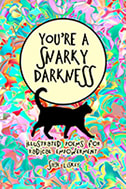
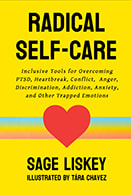
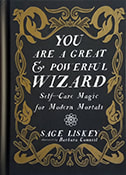
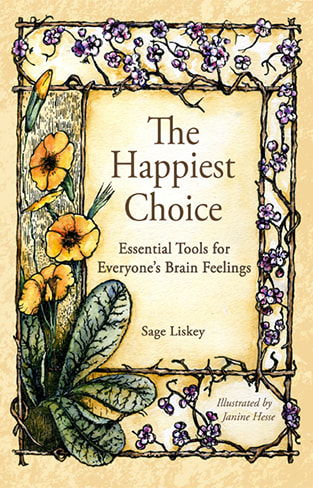

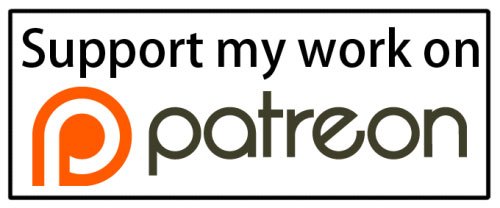
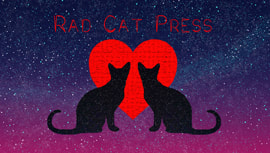
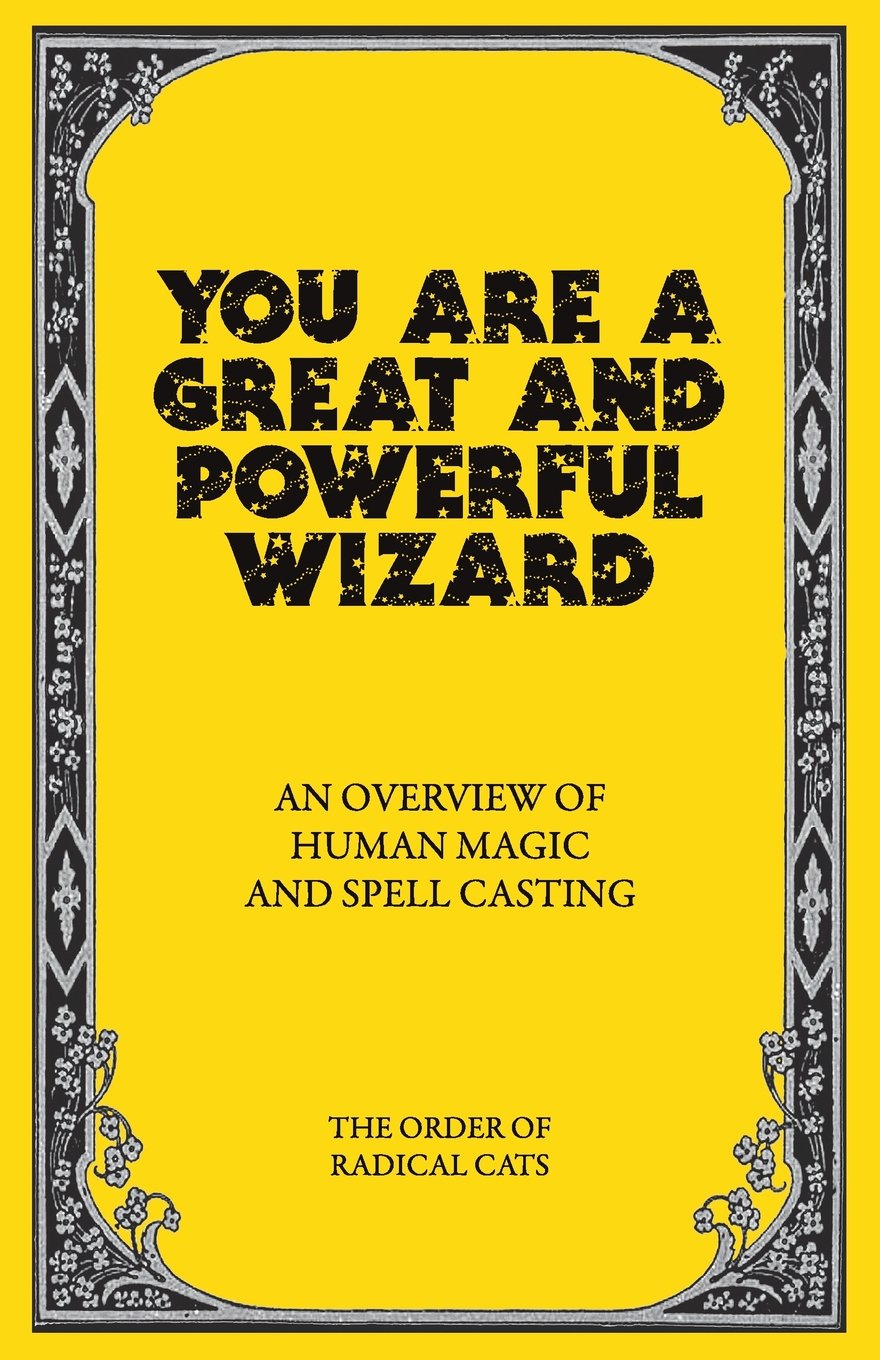
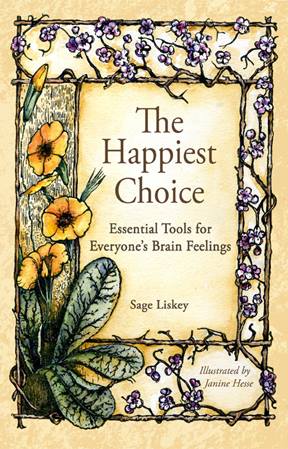
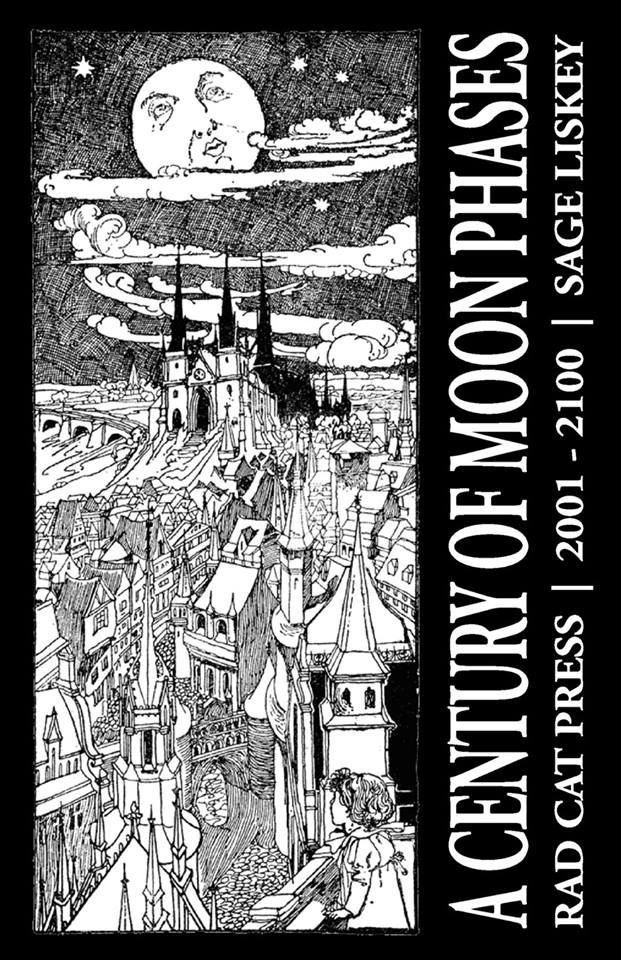
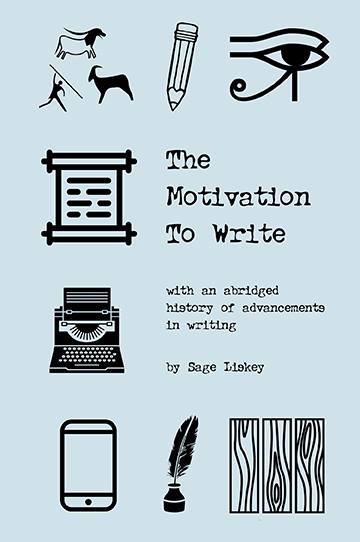
 RSS Feed
RSS Feed